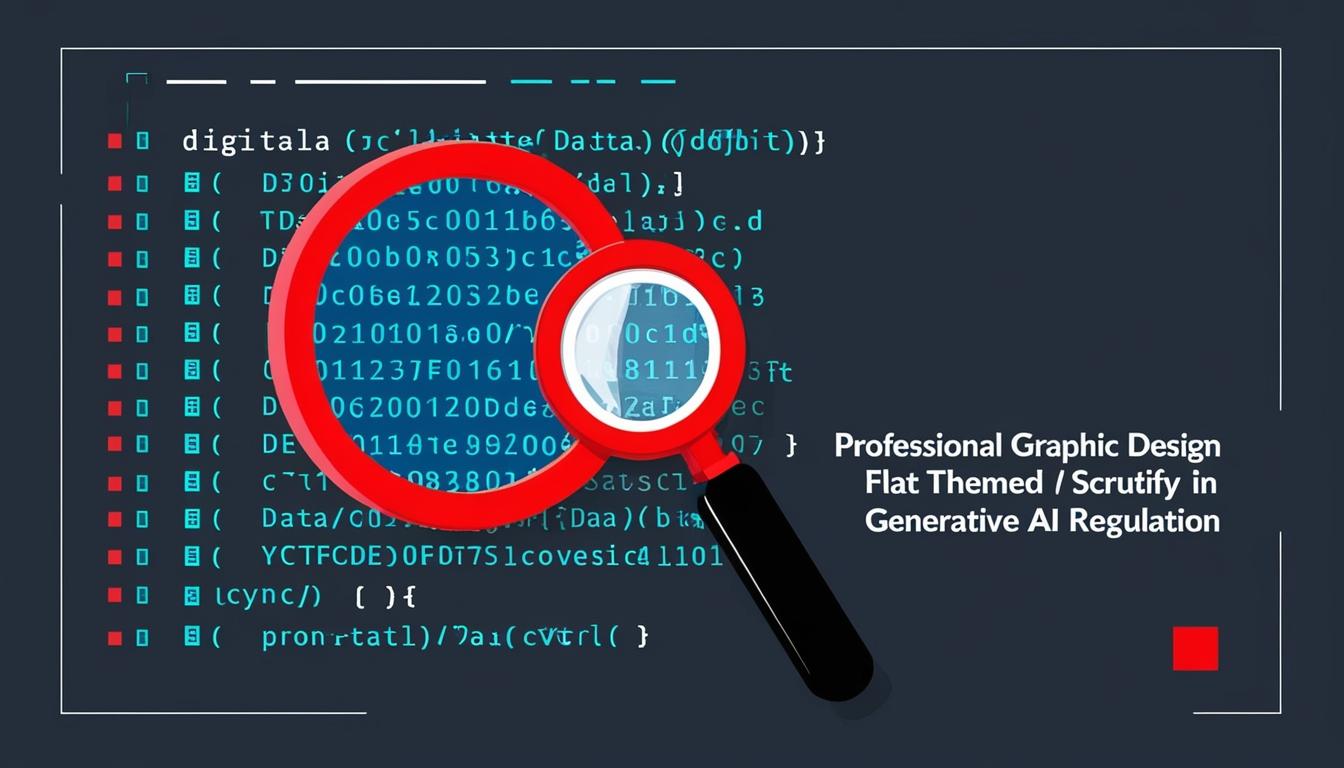On 13 December 2024, the UK Information Commissioner’s Office (ICO) published a comprehensive report on the outcomes of its consultation concerning generative AI (genAI). This consultation, which began in January 2024, involved a five-part series that sought industry insight on crucial aspects of AI regulation, including the legality of web scraping, purpose limitations, the accuracy of training data, the integration of General Data Protection Regulation (GDPR) rights into AI models, and the allocation of GDPR "controller" status throughout the genAI supply chain.
The ICO's report indicates a consistent regulatory approach rather than a significant shift in direction. However, it reflects the organisation's progress in acknowledging and responding to the feedback garnered during the consultation phase.
Central to the ICO's findings is the theme of transparency. The ICO has identified a gap between the rapid development of genAI technologies and the public’s understanding of how their data is processed. According to the report, the ICO stated that "common [industry] practice does not equate to meeting people’s reasonable expectations" for transparency. As a remedy, the ICO expects genAI platforms to ensure that their transparency measures are effective, necessitating testing beyond mere compliance. Companies are required to verify that users are genuinely aware of how their data is utilised in training AI models, rather than relying on information that could be disregarded, such as lengthy privacy notices.
The report also addresses the challenges associated with demonstrating "legitimate interests", a critical component in justifying data processing activities. The ICO reiterated the rigor of the three-prong test for legitimate interests. This includes ensuring that purposes for data collection are explicitly defined, a task that the ICO suggests is often inadequately fulfilled. For instance, vague descriptions like "training AI models" would likely not satisfy regulatory requirements.
Furthermore, the ICO emphasised that companies must effectively illustrate that web scraping is a necessary approach when alternatives, such as purchasing data from third parties, are not feasible. This assertion serves as a reminder of the challenges firms face in data-driven AI development, particularly when attempting to forecast the effectiveness of large data sets compared to smaller ones.
The ICO also extends its review beyond privacy concerns, insisting that businesses must consider the broader implications of their AI models. It cited the example of AI-generated imagery affecting employment opportunities for fashion models, encouraging firms to assess potential non-privacy risks as part of their legitimate interests assessments.
Notably, the report acknowledges the dynamic nature of technology in the genAI sector. The ICO expressed its openness to collaborating with industry leaders to further understand advancements in the field. While the ICO cited the concept of "machine unlearning"—intended to facilitate the removal of data from models—as a theoretically appealing notion, it pointed out that practical applications remain elusive.
Another focal point in the ICO report concerns data subject rights and the mechanisms organisations provide for upholding these rights. The ICO expressed "increasing concern" that many genAI developers inadequately address data subject requests, suggesting that output filters may not suffice to fulfil requests for data deletion. This highlights the ongoing tensions in regulatory compliance and the complexity businesses face when attempting to adhere to existing guidelines.
The report also hinted at forthcoming ICO guidance on a variety of topics, such as purpose limitations and data accuracy, along with a planned rewrite of the ICO's 2020 guidance on AI and data protection—pending approval from the UK Parliament on the Data Use and Access Bill.
In conclusion, the ICO’s outcomes report sets a high standard for the organisations engaged in the development and deployment of generative AI technologies. It underlines the need for thorough documentation and adherence to transparency requirements, paving the way for future engagement between the ICO and the industry. Companies operating in the genAI space are advised to thoroughly review their practices against these emerging standards and remain proactive in their communication with regulatory bodies.
Source: Noah Wire Services
